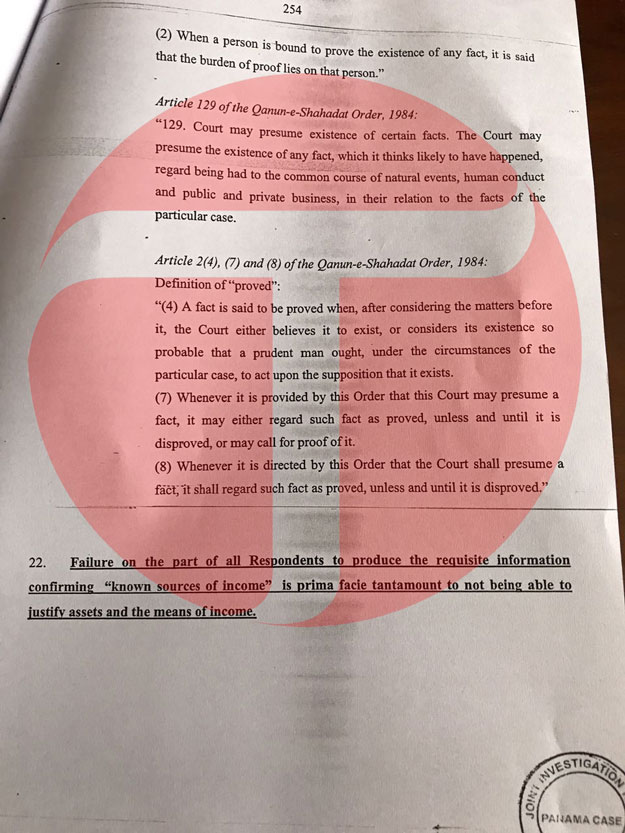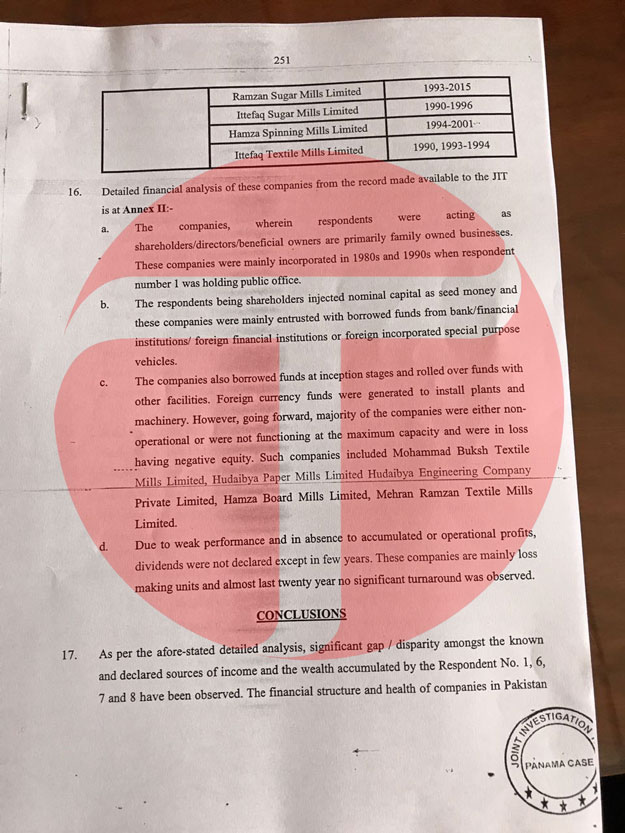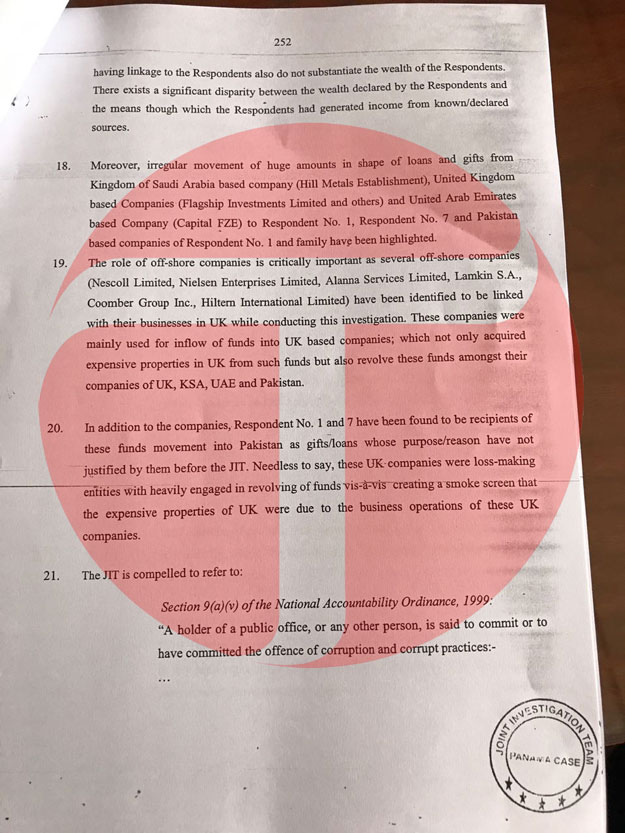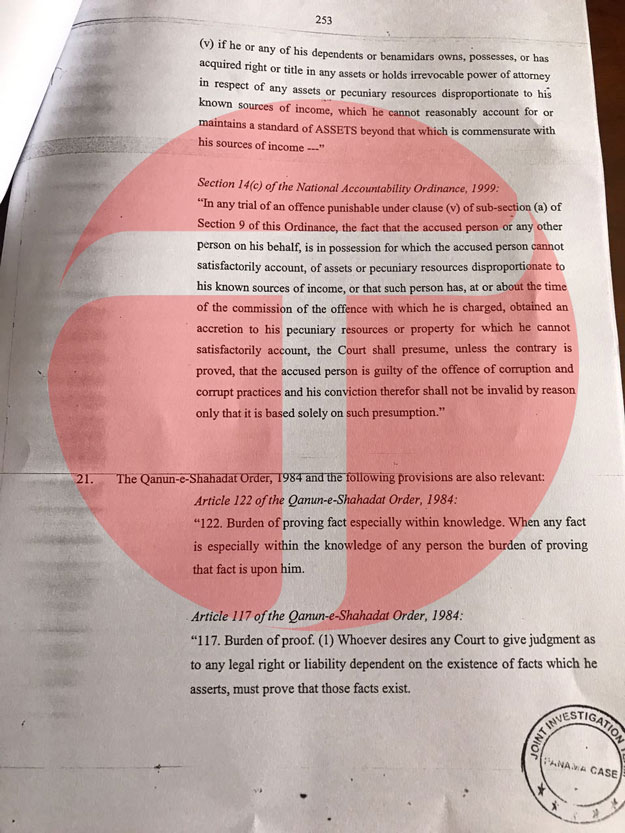Historically, Iran and Pakistan enjoyed friendly relations. Iran was quick to reach out to the newly created Pakistan in 1947, and in its early decades, senior Pakistani leadership – including founding father Quaid-i-Azam Muhammad Ali Jinnah – mostly came from the Shia sect of Islam. So although Iran was then neither sectarian nor at the vanguard of Shia Islam, the two countries remained close in many respects.
Mohammad Reza Pahlavi, the Shah of Iran, was the first head of a foreign country to visit Pakistan. Officially adopted in 1954, Pakistan’s national anthem, Alex Vatanka points out, is almost entirely written not in Urdu but in the Persian language.
Meanwhile, Sunni Arab states, including Saudi Arabia, were themselves an underwhelming presence in those pre-oil years. Unsurprisingly, then, Pakistan saw its interests being served by close ties to Iran. The two countries were conspicuously cooperative from 1947 to 1979, particularly in Balochistan. That is important, because Balochistan occupies a pivotal position in bilateral relations, given the Baloch populations in both countries.
Much changed with the Iranian revolution in 1979. The secular, pro-West Shah was ousted, and the Ayatollah Khomeni became the supreme leader of the Islamic Republic of Iran. In Pakistan, meanwhile, General Mohammad Zia-ul-Haq (1977-88), a staunch follower of the Sunni sect of Islam, was dictator. Consequently, a divide between the countries emerged, particularly as Iran sought to spread its revolution to Pakistan, which although a Sunni majority country is still home to a large Shia population.
In those years, Pakistan began to drift away from Iran to the Sunni Arab countries of the Middle East, including Saudi Arabia, which by now were major oil exporters. Meanwhile, India was becoming an increasingly contentious factor in Iran-Pakistan ties.
Today, while the two countries try not to antagonize one another, they no longer enjoy the same level of cooperation they did in the past. Indeed, as far as Balochistan is concerned, it seems that cooperation is being replaced with competition.
Pakistan’s regional posture is India-centric, while Prime Minister Narenda Modi has also enunciated on several occasions a policy of encircling and isolating Pakistan regionally and internationally. Along those lines, India has substantially increased its influence in Afghanistan, and it has recently, too, started stepping up its engagement with Iran. Meanwhile, Pakistan, instead of countering Indian engagement in Iran, is directing its ire at Iran itself. This has further alienated Teheran, which has its own interests to pursue.
Rather than showing rage, it is in Pakistan’s best interests to engage Iran in trade and other fields. Indeed, it was doing this as recently as a few years ago, when the Pakistan People’s Party (PPP) held power. One former PPP minister told this writer that during the tenure of former president Asif Ali Zardari, meetings of civil and military leaders from both countries were commonplace.
In 2013, when Prime Minister Nawaz Sharif came to power, the attention to Iran fell away. Instead, Sharif’s focus has been very much on Saudi Arabia. This is not surprising. When Sharif was previously ousted from power by former military dictator General Pervez Musharraf, he was forced into exile in Saudi Arabia for a number of years, where he established strong business and family links.
In May this year, Hassan Rouhani was elected for four more years as president of Iran. Fortunately, though he himself is not as conservative as the other presidential candidates, Rouhani does have the support of ethnic Sunni groups in Iran, who see him as a better choice than his more conservative competitors. By and large, Iran’s people want change, hence their support for the more moderate candidate.
During his previous term, Rouhani showed considerable interest in trade with Pakistan, particularly with its largest province Balochistan. Indeed, he visited Pakistan for that in mind. Because of the India factor, however, the Sharif government, under constant pressure from Pakistan’s military establishment, was unable to respond to the Iranian outreach. Although Iran and Pakistan did try to improve economic ties, the Saudi-Iran rivalry impeded their efforts on several occasions.
“On the one hand, Pakistan considers Iran a potential partner which can help overcome its dire energy needs, and on the other, it does not want to offend Saudi Arabia by getting too close to Tehran. Islamabad, therefore, is trying to balance things out by claiming it wants to bring the Sunni-majority Saudi Arabia and the Shiite Iran closer, but experts say it is a tightrope walk, which could also prove to be dangerous,”
wrote Shamil Shams in
Deutsche Welle.
A Dramatic Turn
In 2016, Iran-Pakistan ties took a dramatic turn with the arrest of Indian agent Kulbhushan Jhahav in Balochistan. According to officials in Pakistan, Jhahav was arrested as he attempted to cross into the country’s Balochistan province from Iran.
After Jadhav’s arrest, and during Iranian president Hasan Rouhani’s visit to Pakistan, the former director general of Inter-Services Public Relations (ISPR), Lt Gen Asim Bajwa shared the text of General Raheel Sharif’s meeting with the Iranian president.
“There is one concern that RAW [India’s intelligence agency] is involved in Pakistan, especially in Balochistan, and sometimes it also uses the soil of our brother country Iran,”
read the text.
During the meeting with the Iranian president, Raheel reportedly asked Rouhani to tell them [RAW] that “they should stop these activities and allow Pakistan to achieve stability,” according to a tweet by Bajwa.
But Iran’s president rejected any claim that the question of the Indian spy agency’s involvement in Pakistan was discussed during his visit to Pakistan.
Whichever was the case, one thing is clear: Pakistan is unhappy about Iran’s growing ties with India.
Meanwhile, Raheel, Pakistan’s former Chief Of Army Staff, has been appointed commander-in-chief of the Islamic Military Alliance (IMA), a counter-terrorism alliance formed by 39 Muslim countries with its headquarters in Riyadh, Saudi Arabia. The IMA has been dubbed the Muslim world’s NATO, but it pointedly does not include Iran and other Muslim countries with Shia leaderships, like Iraq.
Iran views the IMA as a coalition of Sunni Muslim countries against Shia Iran and its other allies in the Middle East. It is unhappy that Raheel is at the head of the alliance, a sentiment it reportedly conveyed during meetings with Pakistan’s civil and military leaderships in Islamabad and Rawalpindi.
This already tricky environment has been complicated further by the Saudi-Qatar standoff.
Should the split between Iran and Pakistan widen, there is a risk of an escalation of sectarianism in both countries, as well as instability on their borders. Independent security analysts also suggest that Baloch Sunni sectarian elements could receive aid from Saudi Arabia and its Middle Eastern Sunni allies, while Iran could support Baloch separatists, should it see Pakistan as joining the Saudi camp.
Gwadar vs Chabahar
Officially, Iran has made clear on several occasions that its Chabahar port is
not meant to be a rival to Gwadar port, which lies just 72 kilometers away in the Pakistani province of Balochistan. Instead, the two neighboring facilities have been touted as sister ports that could remake the region. Indeed, Iranian authorities have reportedly shown extraordinary interest in the China-Pakistan Economic Corridor (CPEC), stating that Iran wants to be part of it.
The reality on the ground tells a different story. “We can cut and slice it in any way we want but despite official denials these two ports are rivals and are being developed as part of a broader regional competition for influence,” said Alex Vatanka, author of
Iran and Pakistan: Security, Diplomacy and American Influence.
Due to simmering ties with India, Pakistan has flatly denied its neighbor any routes to further its interests in the region, particularly with Afghanistan and Central Asian Countries. New Delhi is developing Chabahar port as an alternative.
Pakistan finds growing Indian interests in its neighboring countries intolerable, viewing them as an Indian plot to encircle and isolate Pakistan regionally. Hence, Pakistan views Indian involvement in Chabahar as a threat.
Well-known historian and Oxford University academic Peter Frankopan has a slightly more optimistic take, however, telling The Diplomat, “At the moment, there is talk of Chabahar and Gwadar complementing each other, and being peers rather than rivals. This scenario is entirely plausible and possible. Whether it is likely or not is another question.”
Continuing, he said, “If I was an optimist, I would hope that China, Pakistan, Iran and India all do well from these ambitious projects. If I was a betting man, I would put money on one project doing significantly better than the other. Much can go wrong with long-term plans such as these – not least keeping all those in the regions being able and willing to co-operate and communicate with each other. As a historian, I would note that the recent track record in this area is not very promising.”
Meanwhile, national interests will continue to clash. For Iran’s part, it is well acquainted with China’s ambitious plans, and it does not want Gwadar to be developed by China, the emerging power of Asia. For this reason, Iran sees it as in its own interests to reach out to India, as a balance to China in Asia.
According to
South Asia analyst Michael Kugelman, “Iran may have concerns about Gwadar from a geopolitical standpoint, given that Gwadar and the broader pattern of Chinese investment in Pakistan is a competitor to the India-led transport infrastructure project that centers around the port of Chabahar in Iran. Based on scale and amount of investment, the Chinese investments in Pakistan are more formidable than India’s in Iran.”
Kugelman continues, “At the same time, Gwadar could have benefits for Iran. China has suggested its broader CPEC project in Pakistan could include financing the Pakistani side of a new gas pipeline from Iran. Also, China’s massive investments in Pakistan could merely be the precursor to broader Chinese regional infrastructure investments, including in Iran. Who knows – we could even see the Chinese making some contributions to Chabahar. Anything is possible.”
Other analysts are skeptical. They argue that Iran sees as India as standing with it at the time of the former’s nuclear standoff with the United States. Given that India has already opposed the CPEC projects on many occasions, how can they (India and Iran) join CPEC or think of Chabahar as a complement to the Gwadar port project?
In this context, Alex Vatanka observed, “Iran and Pakistan have for decades failed to cooperate for better economic integration in the region and have instead put their hopes in states such as India and China in the hope that each can gain the upper hand in west Asia and become the primary conduit to Afghanistan and Central Asia. But involving China and India has only exacerbated the zero-sum-game mentality and deepened suspicions between Iran and Pakistan.”
Vatanka added, “We can call this state of affairs inevitable or not dissimilar to other such competitions between nations around the world. But the simple truth is the trajectory of these two ports would have been very different if Islamabad and Tehran were less suspicious of each other and more forward-looking about the benefits of economic cooperation between two neighbors that actually have a lot to offer each other once they choose to do so.”
Following the lifting of sanctions on Iran that followed a deal struck between the big powers and Tehran to curb its nuclear program in 2015, India has reportedly committed $500 million to speed the development of Chabahar port.
However, new U.S. President Donald Trump has been scathing about Iran, and has denounced its nuclear program
According to a
report by Reuters, “Swiss engineering group Liebherr and Finland’s Konecranes (KCRA.HE) and Cargotec (CGCBV.HE) have told India Ports Global Pvt Ltd, which is developing the deep water port, they were unable to take part in the bids as their banks were not ready to facilitate transactions involving Iran due to the uncertainty over U.S. policy.”
“These firms dominate the market for customized equipment to develop jetties and container terminals. One official said the first tender was floated in September, but attracted few bidders because of the fear of renewed sanctions. That fear has intensified since January,” the report added.
India, which has developed close ties with Washington, is also fearful of new sanctions on Iran. For this reason, India has reportedly slowed development work in Chabahar.
Border Politics
Mirjaveh is a town in Iran’s southeastern province that sits on the border with Pakistan. Historically, Mirjaveh was part of Pakistan, but General Ayub Khan handed it over to Iran during his dictatorship.
In recent times, the Jaish-ul-Adl, or the Army of Justice, has claimed responsibility via Twitter for an attacked on 10 Iranian border guards in Mirjaveh. Iran’s Foreign Ministry Spokesperson Bahram Qasemi summoned Pakistan’s Ambassador to Iran Asif Ali Khan Durrani to lodge a protest over the killings.
“Iranian police said the guards were killed by long range guns and ‘the Pakistani government bears the ultimate responsibility of the attack’,” Dawn
reported.
“Our soil has never been used against Iran, and we vehemently deny these charges that militants had used our territory to attack Iranian security guards,” said a government official, who asked not to be named.
Zafar Kubdani, assistant commissioner of Taftan, told The Diplomat, “At the time of the incident, we had received a message from Iran that militants had come from our area. Later, a heavy contingent of our security forces led by a commandant and colonel thoroughly searched the area pinpointed by Iranian authorities. We found neither people nor signs of them. The claims could not be proven.”
He added, “After the incident, when we tried to negotiate with the Iranian authorities, they refused. Instead of negotiating, they further alleged that a border point was also used, and they also accused us of not cooperating with them following the attack. Their claims are baseless.”
After the incident, a local source claimed that Iranian border guards ventured several kilometers into Pakistan territory, violating its sovereignty. Apparently they were reluctant to leave, with the source telling
The Diplomat, “They only went back to their side after few hours.”
The Diplomat could not independently verify the claim, but
according to Reuters, Iran has warned that it “will hit militant ‘safe havens’ inside Pakistan” if the attacks continue.
Iran has built a 10-feet high thick concrete wall reinforced with steel rods along its own shared border with Pakistan’s Balochistan province. Iranian authorities built the fence to prevent illegal border crossings, drug trafficking, terror attacks, and unlawful transportation into Iran.
Former Provincial Minister Kachkol Ali Baloch, who was the opposition leader in Balochistan Assembly at the time, claimed that the wall was built against the will of the Baloch people who populate both sides of the border. He tabled a bill in Balochistan Assembly about it.
Veteran journalist Siddique Baloch told The Diplomat, “This whole region is being used as a route in order to smuggle drugs out to Southern Europe using the land route of Pakistan and Iranian Balochistan, crossing the frontier of Turkey and delivering heroin consignments to buyers in Southern Europe.”
He added, “More than 90 percent of heroin is produced in Afghanistan, mainly in the Taliban-controlled areas and some areas controlled by the Afghan warlords. Local Baloch residents in the entire region are said to be carriers of drugs, while consignments belonged to the Afghan drug barons.”
As for the border, he said, it has basically become lawless in recent times.
Sweeping Changes
According to senior analyst and author Anwar Sajdi, the growing Saudi-Iran rivalry has seen major changes sweeping through the region. Meanwhile, the conflict in Syria is widening the division between the two sects of Islam, so much so that Sunni and Shia groups from Pakistan are taking part in the fighting in Syria. The Baloch Sunni militancy on the border area can be seen and understood within this context, he said.
“The Pakistan-Iran border region used to be peaceful. Now it is witnessing clashes. There are two reasons for this: One is the flow of drug trafficking; the other is the rise of the Sunni militancy.”
Local security analysts argue that the Baloch Sunni militancy on the border areas in not a new phenomenon. Instead, it has grown over the years following the Islamic revolution in Iran in 1979.
According to Sajdi, Sunni Balochs’ interest in Shiite Iran dwindled following the revolution in Iran. Gradually, this evolved into the Sunni Baloch militancy in Iran, spilling over into Pakistan, too.
The phenomenon of Sunni militancy, according to an analyst who did not wish to be named, was first used in Mand town of Kech district, in the 1990s. He recalls, “Maula Bux Darakhshan, alias Mauluk, was an Iranian Baloch married to a girl in Turbat, where he lived. He founded his group called the Sipah-e-Rasoolallah. Under Mauluk’s command, Abdul Malik Reki was radicalized as a teenager. Later, in 2003, he formed his own group called Jundullah (soldiers of God).”
Jundullah was said to be responsible for the killing of Iranian security forces. However, according to some media reports, the group has expanded its target to include state installations in Iran.
“Reki changed his colors after interactions with the banned Pakistani group Sepah-e-Sahaba (SS) in Lyari Town of Karachi. His anti-Iranian stance as a Baloch shifted to one of being anti-Shia. Not too long afterwards, he joined with SS’s breakaway faction, Lashkar-e-Jhangvi, an anti-Shia al Qaeda linked militant outfit,” wrote slain journalist Syed Saleem Shahzad. “Through this connection, Reki went to the Afghan province of Zabul but the Taliban refused him entry into their ranks because of their suspicion that he had forged links with the U.S. intelligence.”
Following the execution of Reki by Iranian authorities in 2010, Jundullah is said to have splintered into three groups: the Jaish-ul-Adl, Jaish-ul-Nasr and Lashkar-e-Khorasan. Jaish-ul-Adl is said to be the strongest of these groups, and capable of carrying out attack on Iranian security forces with greater frequency.
“From Waziristan to Gwadar, Salafism is being promoted; for example, there are Saudi-funded madrassahs. On the other hand, Iran is also trying to exert its influence in its own backyard. As a result, the situation has become more complex in the border region,” noted Anwar Sajdi. He warned, “In the near future, what I fear is that Iran can also set up proxies in this region too, just like Hizbullah.”
At the time of the Shah, Iran and Pakistan enjoyed amicable relations, with cooperation across multiple issues. With so many points of contention emerging in recent years, it is a markedly more tense relationship today.















